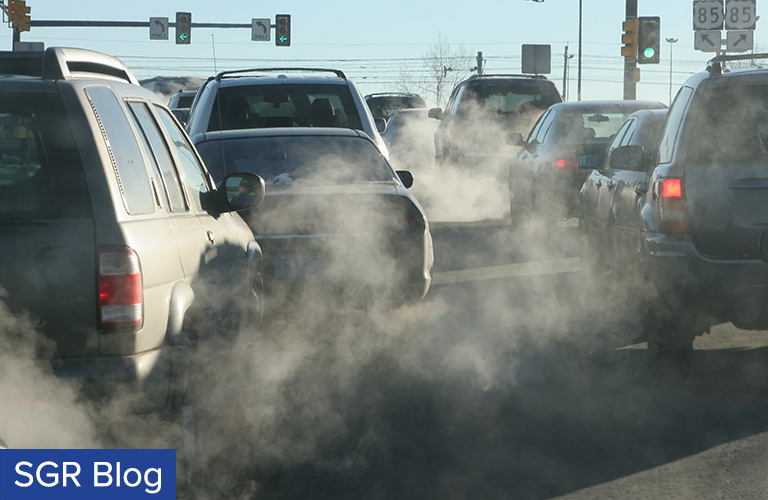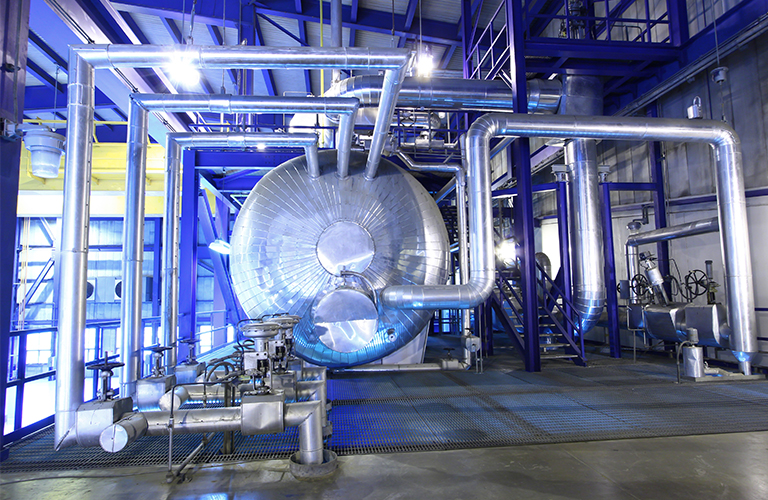
On August 2, 2018, the Trump administration proposed significant cuts to vehicle fuel efficiency and emission standards, and challenged the right of states, particularly California, to set more stringent tailpipe pollution standards. The proposed rule is called the “Safer Affordable Fuel-Efficient (SAFE)” Vehicles Rule for Model Years 2021-2026.” (Click here to read the proposed rule (pre-publication.)) The SAFE Vehicles Rule would lock in Model Year (MY) 2020 Corporate Average Fuel Economy (CAFE) standards and carbon dioxide emission standards applicable to passenger cars and light trucks manufactured for sale in the U.S. in MYs 2021 through 2026. The pre-publication copy was… Read more


